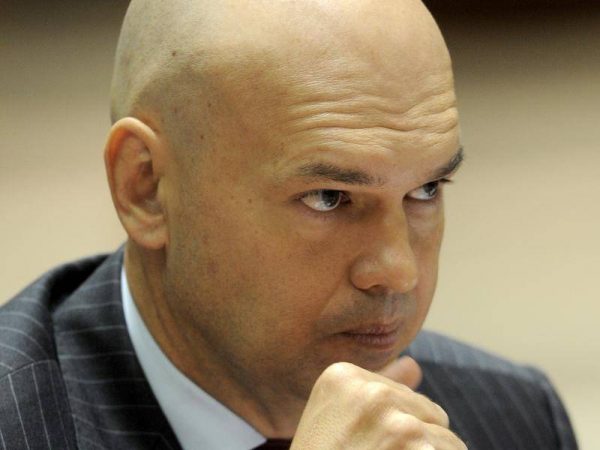
THE federal government’s decisions to raise the National Disability Insurance Agency’s public service staffing levels and appoint Martin Hoffman as chief executive have been met with cautious optimism from groups representing people with disability and service providers.
While the announcement that the NDIA would employ 800 additional public servants drew praise from the Community and Public Sector Union, shadow minister for the NDIS Bill Shorten kept up the pressure on his opposite number, Stuart Robert, while welcoming the announcement.
“People with disability will want to know whether the new CEO has any lived experience of disability,” Shorten said. “It also remains unclear whether he will base himself at the NDIA headquarters in Geelong.”
The head of People with Disability Australia, Jeff Smith, was pleased by the staffing boost and welcomed Hoffman’s appointment but also called on the NDIA to keep looking for opportunities to employ people with disabilities.
“We know that many aspects of the NDIS need fixing so that all people with disability who need support are getting that support in a timely and appropriate way,” Smith said, in comments reported by Disability Support Guide.
“There have been too many delays and too many hurdles to accessing these essential supports so far, particularly for people with disability who face additional barriers to the NDIS. People with disability need the NDIS to deliver on its promise to us about inclusion, equality and support.”
The CPSU said its acting national secretary, Melissa Donnelly, and deputy secretary Beth Vincent-Pietsch met the minister last month to discuss the NDIA’s staffing levels and argue the government’s cap on public service employees was having a direct impact on NDIS participants, and more staff were needed in particular to address a backlog in applications for NDIS support.
“We welcome the decision to lift the cap and provide an extra 800 staff in the NDIA,” said Vincent-Pietsch. “It is a great starting point and a great win for our members who have been campaigning for secure work and more staff.
“This is excellent news for NDIA workers, for the agency, and for the participants that rely on the NDIS for support. We’re glad the government is finally recognising its responsibility to better staff the NDIA, and we now expect the government to recognise its impact on the rest of our vital public services and to lift the staffing cap across the board.”
Shorten was less charitable in his response. “By their actions the Liberals have finally admitted the rigid staffing cap they imposed on the NDIA in 2014 has been hurting people with disability and depriving them of much needed goods and services,” said the shadow minister.
“Labor welcomes the lifting of the cap by 800 employees to 4,000 for this vital national scheme but this is a drop in the ocean when it comes to the expertise that needs to be brought back in-house. The NDIA originally estimated its staffing levels would be 10,595 staff by 2018-2019 but instead a low cap still exists while the bill to the taxpayer for consultants and contractors has ballooned from $70 million in 2016 to $430 million in 2018.”
Shorten repeated his criticism of the minister over the six months it took to find a new CEO for the NDIA. He also suggested Hoffman’s move to the NDIA would affect the Services Australia reforms, as the new CEO was previously playing a key role in guiding the process, which is supposed to transform the Department of Human Services into a more customer-focused organisation.
Several groups representing people with particular kinds of disabilities also welcomed the announcements as did David Moody, the acting CEO of National Disability Services, a peak body for service providers.
“The challenges ahead for the agency and the scheme are well-known and have been publicly articulated by NDS for a number of years now,” Moody said.
“Of primary concern to providers are the issues around pricing and payment delays, and workforce planning and growth necessary so that NDIS participants can be assured of access to quality supports without unnecessary bureaucracy and red tape.”
In Brisbane, the Courier-Mail questioned the minister on the salaries paid to NDIA executives, which total $23 million a year between 94 people, according to the newspaper. “This is an extraordinary national enterprise and it needs [an] extraordinary group of executives to run it,” Robert responded, while Shorten agreed that the head of the agency was paid too much.
- Info courtesy of Disability Support Guide, NDIA and media sources
